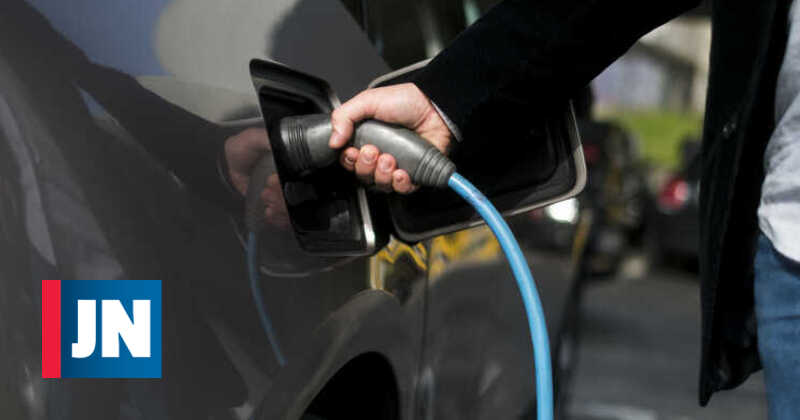The new Association for the Modernization of Electric Mobility (AMME) is proposing to end the mandatory use of Mobi.e, arguing that anyone who wants to sell energy to charge electric cars can use their infrastructure to do so.
According to AMME, anyone who loses out with reliance on the public Mobi.e network is the ultimate consumer. In short, this loss stems from two factors. An electric vehicle user has no way of knowing how much they will pay to charge it before charging it, without resorting to auxiliary mobile apps that simulate the cost. On the other hand, a promoter who wants to install a charging solution cannot do so without connecting to the network controlled by the Electric Mobility Management Entity (EGME), which operates Mobi.e. In this context, the promoter cannot distinguish between prices or present a clear and final cost to his users.
The new association, which has now been born, notes that in Portugal “the transition to sustainable and user-friendly electric mobility depends on the obligatory use of an outdated, disproportionately complex and unique system in the world, which was pioneering and exemplary when it was launched but it is today It stands on the opposite path of progress.”
At the end of 2021, the Energy Services Regulatory Authority (ERSE) issued new tariffs for Mobi.e, to be implemented in 2022. It was decided to increase the rate applicable to electricity suppliers for electric mobility (CEME) and charging points (OPC) by 79%: the rate increased 0.1657 to 0.2964 cents per shipment. But the Ministry of Environment canceled this aggravation by creating a discount on electric car users’ bills. All paid by the Environment Fund.
According to Deco, home charging is the most practical and efficient solution for electric vehicle users. “An electric car only pays off from an economic point of view if it is charged at home and using an hourly tariff,” says the Consumer Protection Association.

